A Scheer Lack of Leadership: The 2019 Election Dud and Potential Contenders Going Forward
Amid rising unpopularity—who might challenge Scheer next April?
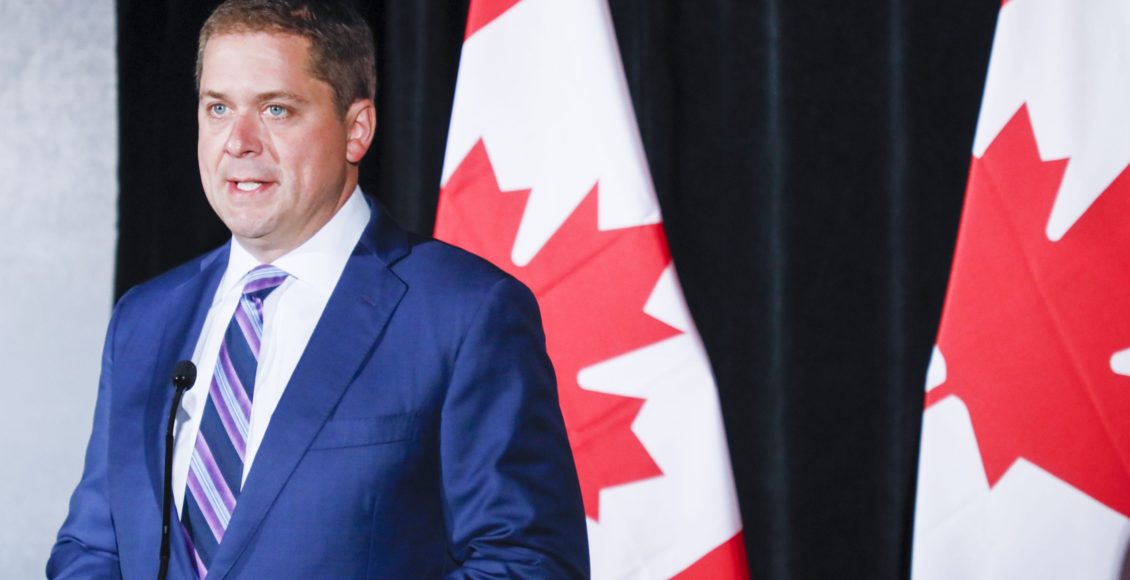 This image is licensed under public domain.
This image is licensed under public domain.
Early this November, Andrew Scheer’s position as head of the Conservative Party (CPC) was ensured for the time being after caucus voted against giving Conservative MPs the ability to eject their party leader. However, with a leadership review lying on the not-so-distant horizon as the party’s convention in April quickly approaches, it is unclear whether Scheer will have the same stroke of luck in surviving his second judgement. Truthfully, Canadians aren’t that crazy about the current leader of the Conservative Party—and they voiced their concerns accordingly back in October. Although the CPC increased their vote count and attained a solid sweep of ridings across the Western provinces in the recent election, the latter was less of an outcome of diligent leadership on Scheer’s part and more of a reflection of resentment with Ottawa due to Trudeau’s leadership and his delaying of pipeline development. To see where Scheer really faltered, we must turn to crucial battlegrounds like the Greater Toronto Area. Here, the Conservatives performed worse in 47 of 55 ridings compared to their 2015 results despite winning more of the vote nationwide. If we jump back even farther to 2011, the image is made all the more bleak for the CPC, as it was not so long ago that the party handily took a majority of the electoral ridings in Toronto proper, as shown below.
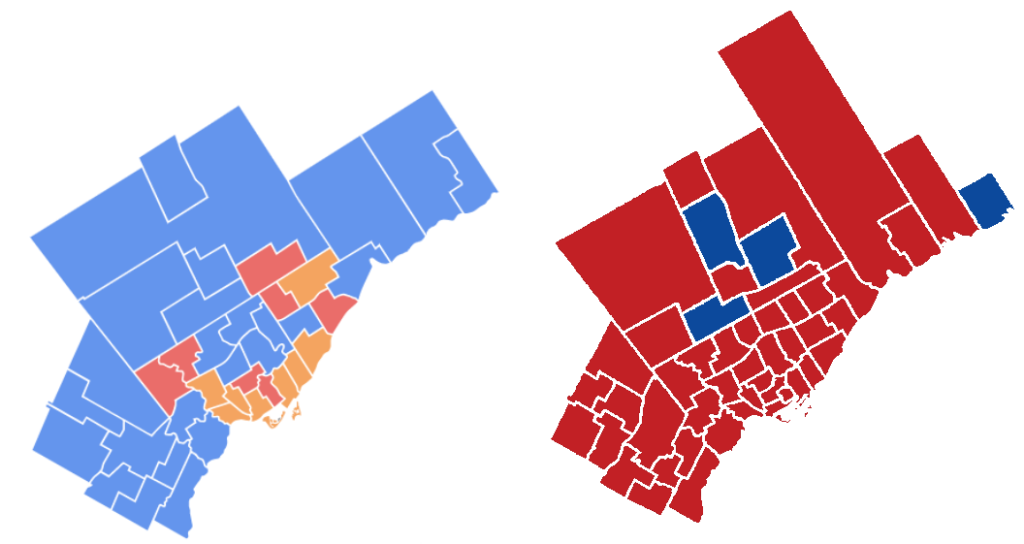
Given the outcome, what’s to blame? Peter McKay, three-time cabinet minister under Harper, blamed Scheer for having alienated the centre by leaning right on social issues like gay marriage and abortion, wisecracking that Scheer’s views hung around him like a “stinking albatross” during election season. In similar regard, others have blamed the CPC’s position on environmental action. Feeble in contrast to the stances of the Liberals, NDPs, and Greens, the Conservatives struck a chord with their usual base but utterly failed to take into account the climate concerns of swing voters in Central and Eastern Canada. Or perhaps still, we might turn to the 2019 Conservative candidate in Riviere-du-Nord, former Olympic swimmer Sylvie Fréchette. When asked her personal thoughts on the mediocre Conservative showing in October, Fréchette dryly responded by saying Canadians were turned off by Scheer’s “lack of balls” as a political leader. Whether one or all three of these factors are to blame, it is certain that members of the CPC will seek to assuage Canada’s tepid reception of the party going into the future. With this in mind, we can be certain that there will be no shortage of contenders in 2020 seeking to oust Scheer from his position. Come this April, who might we see rise to the challenge?
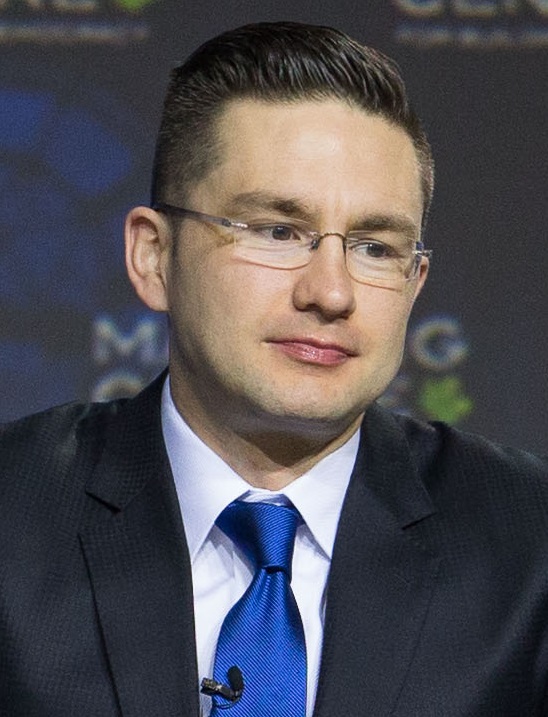
Pierre Poilievre, shadow Minister for Finance, MP for Carleton
Poilievre, in terms of character, can be defined by all that which Scheer is not: bold, assertive, and, surely to Madame Fréchette’s appreciation, a hard-hitter through and through. During Trudeau’s first term in office, Poilievre made a name for himself because of his tenacity in challenging Justin Trudeau in the Commons at every turn, demanding an explanation from the Prime Minister on everything from his broken pledge to balance the budget to his stance on the SNC-Lavalin affair. Having made national headlines over his characterization as the Conservatives’ “top agitator,” Trudeau dedicated key moments during campaign season, such as Canada Day itself, to make public appearances in Poilievre’s riding hoping to dislodge the ever-present thorn in his side. With Poilievre having won his riding by a safe margin of 8% over his Liberal competitor, it appears as if the blue firebrand is here to stay. Given the resurgence of the Bloc Quebecois (who won 32 seats in October, up from 10 in 2015), Poilievre may be a popular choice for the leadership come April. As a Franco-Albertan, Poilievre could potentially regain lost inroads with French-speakers in Quebec. However, this is not without strings attached: Poilievre remains steadfast in his opposition to a carbon tax, a policy which might prove unappealing amid the rising centrality of the environment as a concern for Canadians.
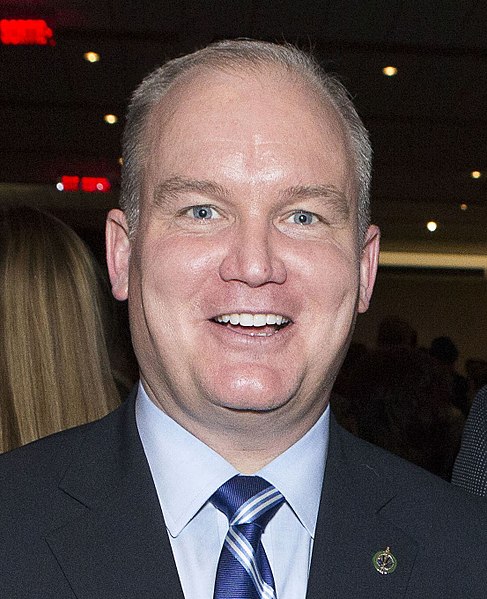
Erin O’Toole, shadow Minister of Foreign Affairs, MP for Durham
During the last leadership election for the Conservatives back in 2017, O’Toole won third-place after Scheer and Bernier with a modest 21% in the penultimate round of voting. Although not as well-known as popular politicians like Poilievre, O’Toole, as a veteran himself, served by all accounts as a dutiful Minister of Veterans Affairs under Harper. As such, he led a three-point “veteran-centric” program to bridge the Harper government’s stormy relationship with Canadian ex-servicemen. Widely seen as having restored confidence to the office, O’Toole’s tenure as veterans affairs minister was warmly welcomed after the controversy surrounding his predecessor. The post’s former keeper, Julian Fantino, was accused of gross impropriety over his mismanagement of mental-health services for Canadian veterans. In contrast to figures like Scheer, O’Toole has remained closer to the centre on social issues, supporting economic development and job creation as part of his agenda. Back in 2015, O’Toole’s platform for leadership sought to empower indigenous communities in addition to supporting Canadian youth to succeed in a rapidly changing economy—although his environmental policy largely remains in line with the official party standard. Nevertheless, his riding in Durham has been solidly blue since 2004. Come April, O’Toole’s centre-right stance may be seen by his fellow party members as a desirable characteristic for leadership, as it may prove as popular with Canadians nationwide as it has been to his ever-faithful electorate in the Toronto outskirts.
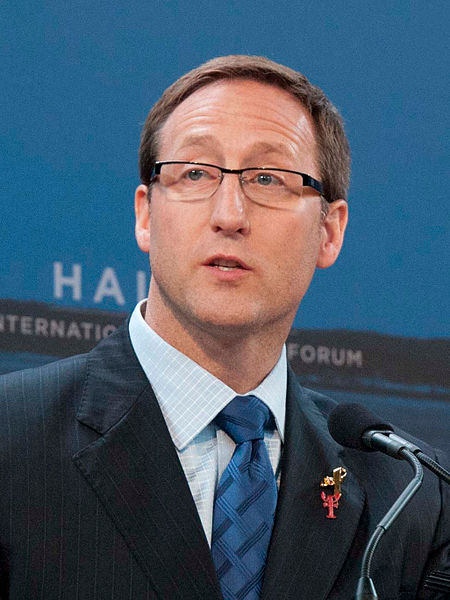
Peter MacKay, three-time Cabinet minister (Justice, National Defense, Foreign Affairs) under Harper; Leader of the Progressive Conservative Party (2003)
Amidst all potential challengers, MacKay was initially set apart by many as the most likely candidate to launch his bid for the leadership in April 2020. As the final leader of the Progressive Conservative party (PC) before its merger with the Canadian Alliance in 2003, MacKay, although a veteran politician, hasn’t been afraid to get his hands dirty and speak his mind. In addition to having criticized Scheer over not having clarified his personal stance on social issues, MacKay also attacked his weak offence as the head of the Opposition. With Trudeau mired in scandal over the SNC-Lavalin affair and the blackface controversy and Canadian voters divided on the Liberals’ plan for the pipeline, Scheer, according to MacKay, blew a lead that was handed to him on a silver platter—all he had to do was reach out and take it. Although quick to take jabs at Scheer, it is still unclear if MacKay is all talk, or if he actually plans on running. CBC News cites multiple (unnamed) sources claiming that MacKay has launched a preemptive strike for the chair of the party, having already congregated a campaign team in preparation for a leadership bid. Despite this, MacKay has since pledged that he does not plan to run in 2020 and will fully support Scheer in April. Given this contradictory information, it’s impossible to say which is correct at the moment. However, MacKay has famously gone back on his word before. Back in 2003, he stated that he had no intention of merging the PCs with Harper’s Canadian Alliance—of course, the latter went on to serve as Prime Minister for nine years under a united Conservative Party.
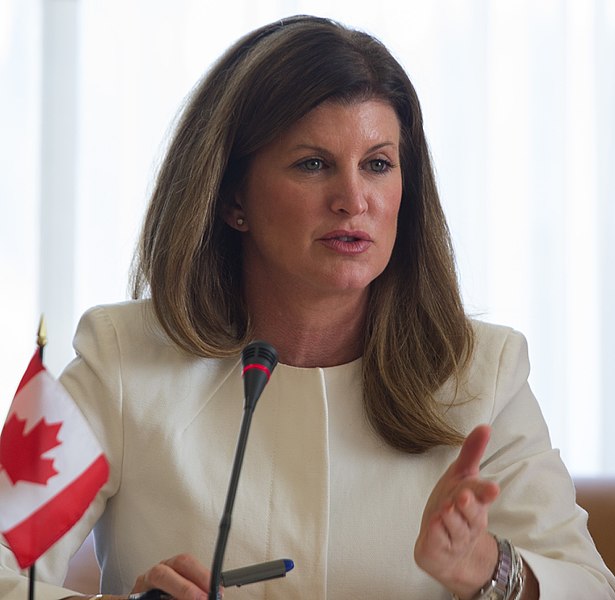
Rona Ambrose, interim Leader of the Opposition/Conservative Party (2015-17)
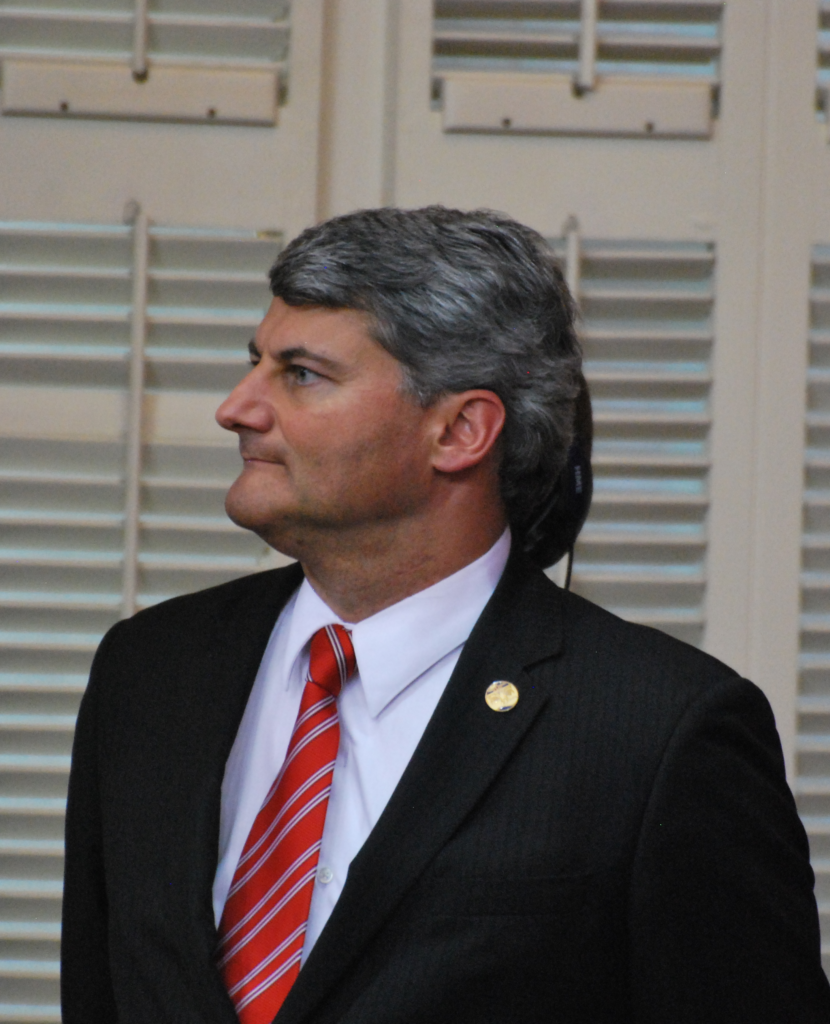
Gérard Deltell, shadow President of the Treasury Board, MP for Louis-Saint-Laurent
…
Featured Image: Andrew Scheer is licensed under CC0 1.0.
Edited by Clariza-Isabel Castro
Correction: Dec. 7, 2019 – An earlier version of this article misidentified Pierre Poilievre as ‘Franco-Ontarian’. He is Franco-Albertan.
